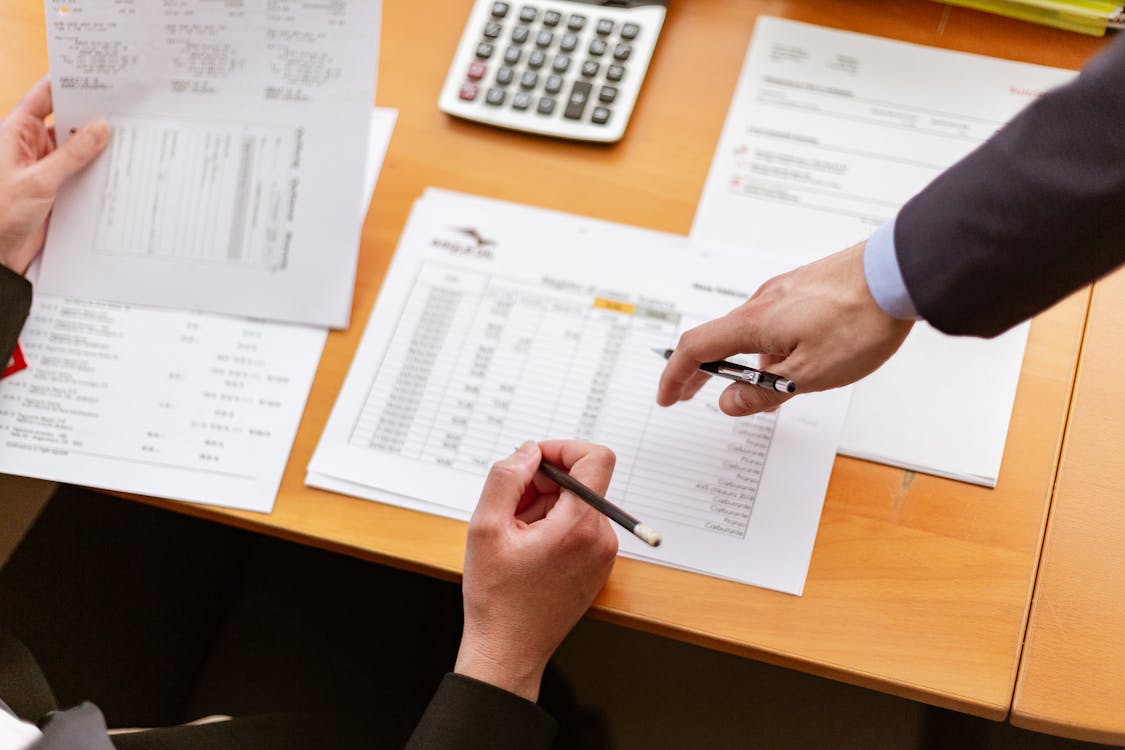Best 5 jurisdictions for receiving royalties from intellectual property rights

CYPRUS
The intellectual property royalty tax system in Cyprus changed as a consequence of the recommendations of the Organisation for Economic Co-operation and Development (OECD)'s Action 5 report, as well as the conclusions of the Ecofin Council, published on 8 December 2015. The legislation was amended to limit the companies that can benefit from exemptions for research and development (R&D), but the tax rate in Cyprus is still one of the most favourable in the EU for foreign companies wishing to license the use of IP to a Cyprus-resident company (intermediary), where that right is then sub-licensed to the end user. Overall, the effective tax on income from IP royalties should be less than 2.5%.
IRELAND
In 2015, Ireland introduced an effective corporation tax rate of 6.25% on income derived from IP, based on an allowance for the research and development costs sustained by the company. By linking the two components in this way, Irish law encourages companies to conduct R&D directly, inside the EU — leading to the creation of IP — whereas it discourages them from buying licences without making a direct commitment to R&D.
BELGIUM
Belgium has established a tax regime that works in favour of those with income deriving from acquired copyrights. This fiscal regime can have many different applications, and can be used to protect artworks as well as providing a useful tax concession for IT developers. Revenues deriving from royalties on IP rights are taxed at 15%. These revenues are not taken into account when social security contributions are calculated. Moreover, for imports these taxes are reduced by 50% due to the application of standard entry costs. The first 15,000 euros earned by a copyright holder in a year is therefore taxed at 7.5%, and the following 15,000 at 11.25%. This tax system applies to those with a total annual income of up to 56,450 euros.
THE NETHERLANDS
Since 2010, IP revenues in the Netherlands have been taxed at just 5%. There is no income threshold, except with respect to patents. Patent holders can in fact have access to this tax system if their share of the expected income is between 30% and 70%, taking into account the total combined revenue from patents and other sources. These rates also apply to foreign companies that own intangible assets or companies that have obtained a research and development accreditation from the Dutch Ministry of Economic Affairs, if they are the holders of software IP or trade secrets. The only other limitation of this favourable tax regime is that it does not apply to marketing- and brand-related assets.
LUXEMBOURG
Generally, corporation tax in Luxembourg is 29.22%, but on revenues from IP licensing it can be as low as 5.8%. This is due to a corporate income tax exemption of 80%. Interestingly, this exemption also applies to companies that have registered a patent to be used in connection with their own activities, which then calculate a fictional net income, as if they had received the income from licensing it.
Comments
Post a Comment